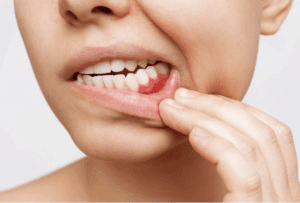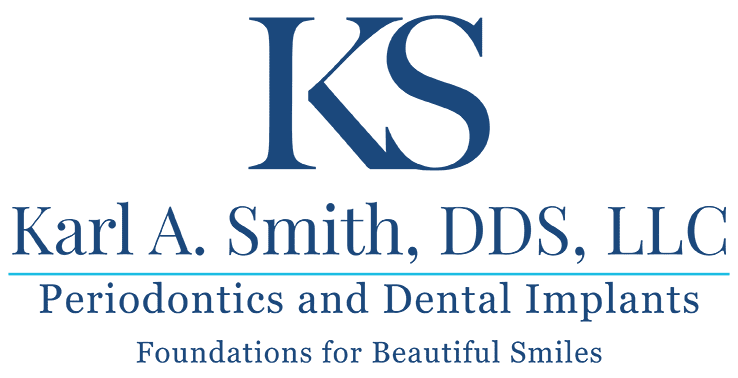
Signs You Need a Gum Specialist: When to Seek Professional Periodontal Care
Periodontist Alexandria, VA | Waldorf, MD If you’ve been ignoring those tender, bleeding gums during your morning routine, you’re not alone. Many people dismiss early

The Terrifying Truth: How Halloween Candy Wreaks Havoc on Your Gums
Boo! Halloween is creeping closer, and while you’re busy planning costumes and decorating your haunted home, there’s something truly spine-chilling lurking in those innocent-looking trick-or-treat
Understanding When Periodontal Surgery is Necessary
Maintaining gum health is crucial for overall oral well-being, and sometimes, periodontal surgery becomes a necessary step in ensuring that care. Periodontal surgery addresses a
Sedation Dentistry: Easing Anxiety During Periodontal Treatment
For many individuals, the thought of visiting a dental office can evoke feelings of anxiety and stress. This is particularly true for those requiring more
The Impact of Periodontal Health on Overall Wellness
Maintaining gum health is more than just an aesthetic concern; it is a fundamental aspect of overall well-being. Research has increasingly demonstrated the strong connection
